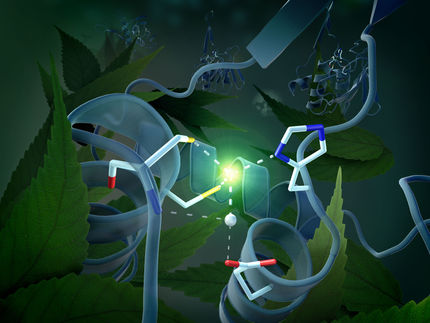BIO White Paper Dispels Over-Patenting Myth
Patenting is a Critical Element in Fostering Research and Development
The theory claiming that the over-patenting of biotechnology research hinders the research and development of new treatments is not supported by empirical evidence, concludes a white paper entitled "The Myth of the Anticommons" released by the Biotechnology Industry Organization (BIO). The paper was released as Congress considers a variety of changes to current U.S. patent law.
The theory of the "tragedy of the anticommons," put forth in 1998, claims that patents have the potential to stifle innovation in the biotechnology industry. The theory claims that too many patent holders of upstream technology may inhibit downstream innovation due to transaction costs and strategic behaviors.
The BIO white paper found that the biotechnology industry is actively engaged in discovering and inventing innovative therapies. Research, development and employment in the biotechnology industry are steadily increasing, as are the number of therapies in the clinical pipeline.
The white paper also cited a study by the National Academy of Sciences (NAS) which examined the impact of patents on university research. The NAS study found that only 1% of academic respondents experienced delays on their projects of more than a month due to patents and not a single respondent abandoned a project due to a patent on knowledge inputs.
"Biotech companies and university scientists agree that patents are a key force behind biotech innovation," stated BIO President and CEO Jim Greenwood. "Biotech companies rely on patented intellectual property to attract the funding they need to conduct the years of research and development necessary to bring a product to market and into the hands of patients and other consumers."
"As Congress considers changes to the patent system, we encourage them to recognize and protect the key role patents play in encouraging innovation in the biotechnology industry," concluded Greenwood.
Most read news
Organizations
Related link
Other news from the department business & finance

Get the life science industry in your inbox
By submitting this form you agree that LUMITOS AG will send you the newsletter(s) selected above by email. Your data will not be passed on to third parties. Your data will be stored and processed in accordance with our data protection regulations. LUMITOS may contact you by email for the purpose of advertising or market and opinion surveys. You can revoke your consent at any time without giving reasons to LUMITOS AG, Ernst-Augustin-Str. 2, 12489 Berlin, Germany or by e-mail at revoke@lumitos.com with effect for the future. In addition, each email contains a link to unsubscribe from the corresponding newsletter.
More news from our other portals
Last viewed contents
Acacia Pharma initiates phase IIa clinical trial with APD421 for nausea and vomiting
Anti-anxiety Compound BNC210 Phase I Trial Successful: Establishes Four-fold Increase in Blood Drug Levels Following Food Intake
Biotest opens new plasma collection centre in Vermillion, South Dakota
Epigenetic analysis of aggressive brain tumors






















































